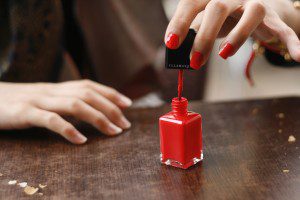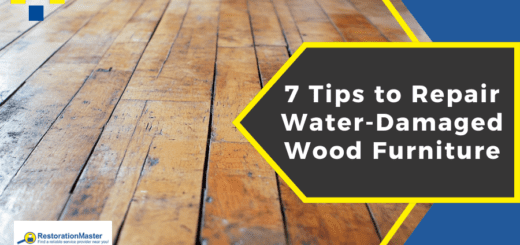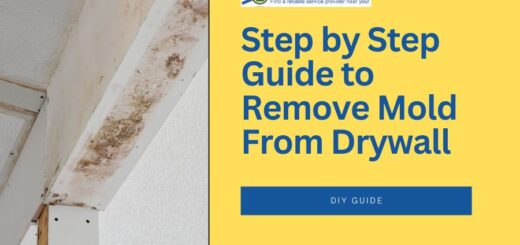9 Flammable Liquids and Household Items in the Home
Many homeowners are already aware of the safety risks within their home, including moldMold is a type of fungus that grows in damp or humid conditi... More, burning candles, leaking pipes, and more. However, there are others that pose a fire a severe risk for fire damage when coming into contact with a flame. While they do not pose a direct threat, it is extremely important to keep them away from candles, stove tops, and other open flames. They should also be kept out of reach of young children, preferably in a high, safe location. When protecting your home against a fire, keep in mind these common household item and liquid flammables:
- Rubbing Alcohol. While this is already commonly known to be flammable, property owners are not always aware of the damaging effects it can cause if it came into contact with an open flame. While you may not store it around an open flame, it is very important to be mindful that you must avoid flames after you have applied it to your skin.

- Nail polish and nail polish remover. Because of the acetone that is contained in this liquid, this is considered one of the most common flammable household liquids. The vapors it produces are also flammable as they are able to travel through the air, igniting any nearby flames. If you are using a candle, make sure to blow it out and keep it at a safe distance before you apply or remove any nail polish.
- Linseed oil. Commonly used in wood stains and finishes, the vapors it gives off are also extremely flammable. The dryingDrying is the process of removing moisture from materials, s... More process may also generate heat that can cause cleaning towels to ignite when soaked in linseed. Also keep in mind that other chemicals used in stripping, painting, or staining are flammable. Be sure to keep them away from any open flames.
- Aerosol cans. The amount of household products that are contained in aerosol cans can seem overwhelming when looking at the entire list. But it is just important to keep in mind to spray away from any open flame or fireplace. You will also want to keep them away from any heat-related appliances, such as air vents, furnaces, space heaters, and more.

- Non-dairy creamer. This grocery “staple” is considered more dangerous than just unhealthy. Due to the artificial flavorings contained within these creamers, such as sodium aluminosilicate, any exposure to an open flame can cause it to ignite. Make sure to keep it away from any table candles when having coffee and dessert with family, friends, or that special someone.
- Gasoline, turpentine, and paint thinner. Known for causing about 8,000 fires annually, gasoline is one of the most flammable substances within a residential property. Because it is often improperly stored in a garage or shed, the metal lid can generate a spark if it comes into contact with anything else, causing severe fire damage. Just be sure to store it in an UL-approved container that is away from all heat-related appliances, such as a hot water heater or furnace.
- Hand sanitizer. Due to the alcohol, common sanitizersSanitizers are chemical agents used to reduce bacteria and m... More can cause 2nd and 3rd degree burns if they are around an open flame. Make sure to keep them away from any lighters and do not carry them in your purse if you smoke
- Flour. In addition to powdered spices, flour allows flames to travel fast and far due to its large surface area. Be sure to keep it away from your stove top while cooking
- Oranges. You wouldn’t think that these would be flammable, but in fact, the juice contained within the fruit allows an open flame to ignite very quickly and cause severe damage to a home or building. Also keep in mind that as oranges have a potent smell, it is important to keep them away from any candles, stove top flames, and lighters.
Fire Damage Restoration
Who would’ve known that a home could be prone to so many fire risks? But increasing the awareness of these safety risks actually decreases the chances of a property fire from occurring. However, they cannot always be avoided; flames can ignite when coming into contact with these flammable products, causing severe structural damage, not to mention serious injuries. When this happens, it is important to call an ambulance immediately, followed by the fire department to extinguish the flames. Finally, a professional fire damage restoration company must be called right away to prevent the smoke and soot damage from spreading. When choosing a fire restorationRestoration is the process of returning a property to its pr... More professional, contact restoration professionals, as they are known to having one of the quickest response times during an emergency. They will arrive right away, prevent the damage from spreading, and restore your property to its original condition.












